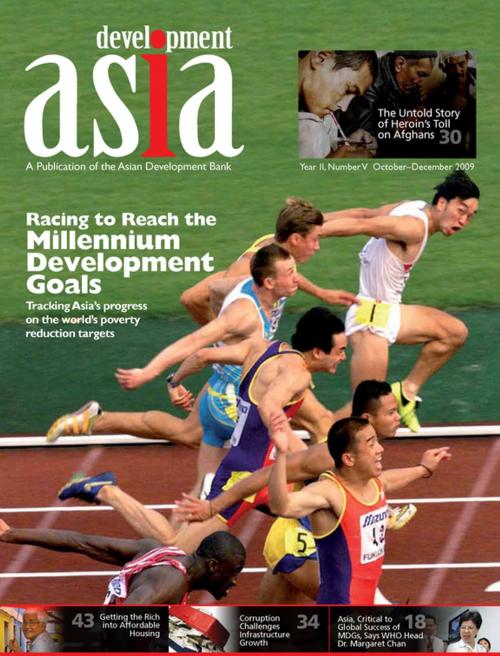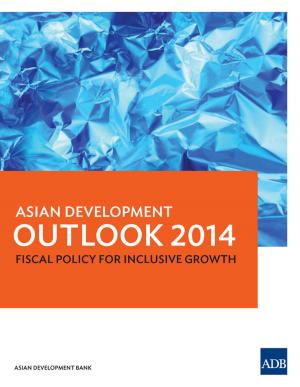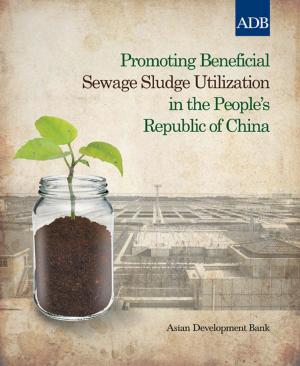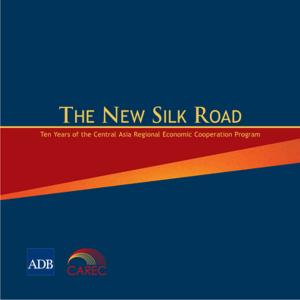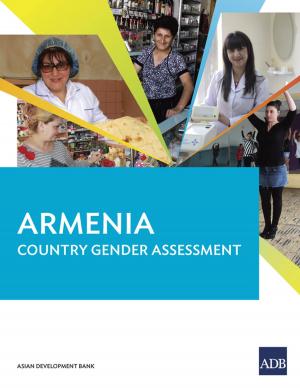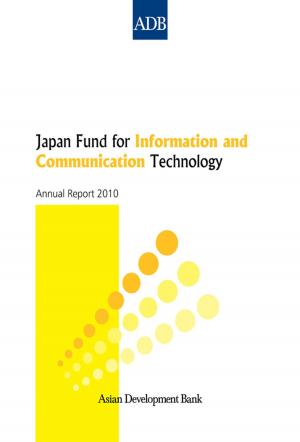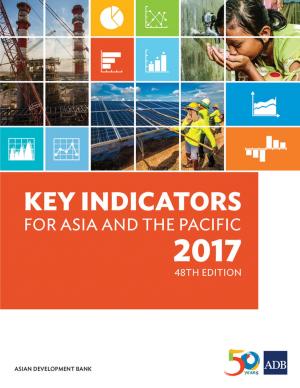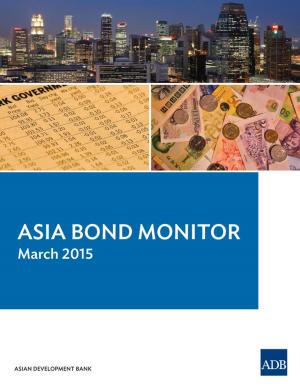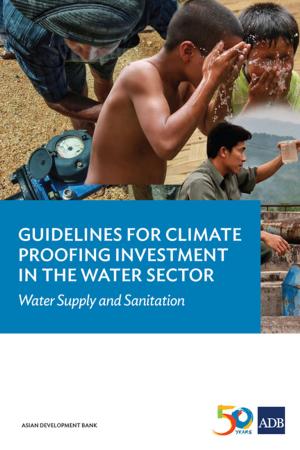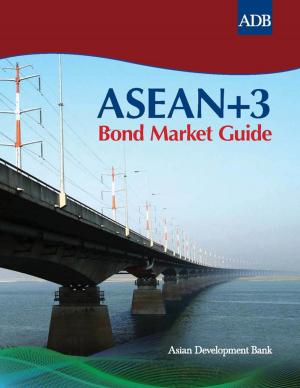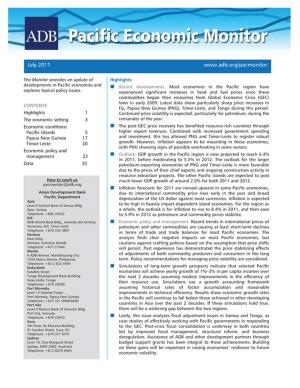Development Asia—Racing to Reach the Millennium Development Goals
October–December 2009
Nonfiction, Social & Cultural Studies, Political Science, Politics, Social Services & Welfare, Social Science| Author: | Asian Development Bank | ISBN: | 9789292574260 |
| Publisher: | Asian Development Bank | Publication: | December 1, 2009 |
| Imprint: | Asian Development Bank | Language: | English |
| Author: | Asian Development Bank |
| ISBN: | 9789292574260 |
| Publisher: | Asian Development Bank |
| Publication: | December 1, 2009 |
| Imprint: | Asian Development Bank |
| Language: | English |
The adoption of the Millennium Development Goals (MDGs) in 2000 by the United Nations (UN) General Assembly was a major breakthrough in the fight against poverty. Not only did it draw out firm commitments from nations but it also promoted greater transparency and urgency by putting the spotlight on national and international efforts to improve the living conditions of the poorest by 2015. With nearly two-thirds of deadline time elapsed, this edition of Development Asia takes a hard look at progress made toward the MDGs in Asia and the Pacific. Much success has been achieved in key areas, such as in lowering the child mortality rate and improving the quality of life of those on the fringes of society. Yet, despite the advances made, most of Asia and the developing world will fall short of the targets as they struggle to cope with the global economic crisis, rising food prices, and climate change. In an exclusive interview with Development Asia, Director-General Dr. Margaret Chan of the World Health Organization stresses the importance of building on successes in achieving the goals and urges donor nations to continue aid programs. These ambitious global goals have presented challenges to development professionals—and leaders—on how best to measure development progress. Critics tell Development Asia that MDG indicators tend to draw a skewed picture since these show progress at the national level that may be vastly different from conditions at the provincial level. Still, development workers agree that these indicators, though not perfect, provide the most comprehensive framework for reducing poverty worldwide. In other stories, this issue tells the little known tale of Afghanistan's heroin addicts. Much has been written about the country feeding the world's addiction, but few have examined heroin's painful toll on Afghanistan's people. This edition also looks at the problem of endemic corruption in infrastructure projects, while it weighs both the positive and negative effects of road building, one of the largest types of infrastructure projects, and most common. Patralekha Chatterjee argues that road projects need HIV/AIDS officers as much as they need engineers. In our From the Field section, we talk to Tony Meloto, the energetic founder of the highly successful Philippine housing organization, Gawad Kalinga. The program is promoted as getting the wealthy and middle class into low-cost housing… as volunteers. A former marketing executive, Mr. Meloto is as comfortable in the slums as he is in the polo club.
The adoption of the Millennium Development Goals (MDGs) in 2000 by the United Nations (UN) General Assembly was a major breakthrough in the fight against poverty. Not only did it draw out firm commitments from nations but it also promoted greater transparency and urgency by putting the spotlight on national and international efforts to improve the living conditions of the poorest by 2015. With nearly two-thirds of deadline time elapsed, this edition of Development Asia takes a hard look at progress made toward the MDGs in Asia and the Pacific. Much success has been achieved in key areas, such as in lowering the child mortality rate and improving the quality of life of those on the fringes of society. Yet, despite the advances made, most of Asia and the developing world will fall short of the targets as they struggle to cope with the global economic crisis, rising food prices, and climate change. In an exclusive interview with Development Asia, Director-General Dr. Margaret Chan of the World Health Organization stresses the importance of building on successes in achieving the goals and urges donor nations to continue aid programs. These ambitious global goals have presented challenges to development professionals—and leaders—on how best to measure development progress. Critics tell Development Asia that MDG indicators tend to draw a skewed picture since these show progress at the national level that may be vastly different from conditions at the provincial level. Still, development workers agree that these indicators, though not perfect, provide the most comprehensive framework for reducing poverty worldwide. In other stories, this issue tells the little known tale of Afghanistan's heroin addicts. Much has been written about the country feeding the world's addiction, but few have examined heroin's painful toll on Afghanistan's people. This edition also looks at the problem of endemic corruption in infrastructure projects, while it weighs both the positive and negative effects of road building, one of the largest types of infrastructure projects, and most common. Patralekha Chatterjee argues that road projects need HIV/AIDS officers as much as they need engineers. In our From the Field section, we talk to Tony Meloto, the energetic founder of the highly successful Philippine housing organization, Gawad Kalinga. The program is promoted as getting the wealthy and middle class into low-cost housing… as volunteers. A former marketing executive, Mr. Meloto is as comfortable in the slums as he is in the polo club.
